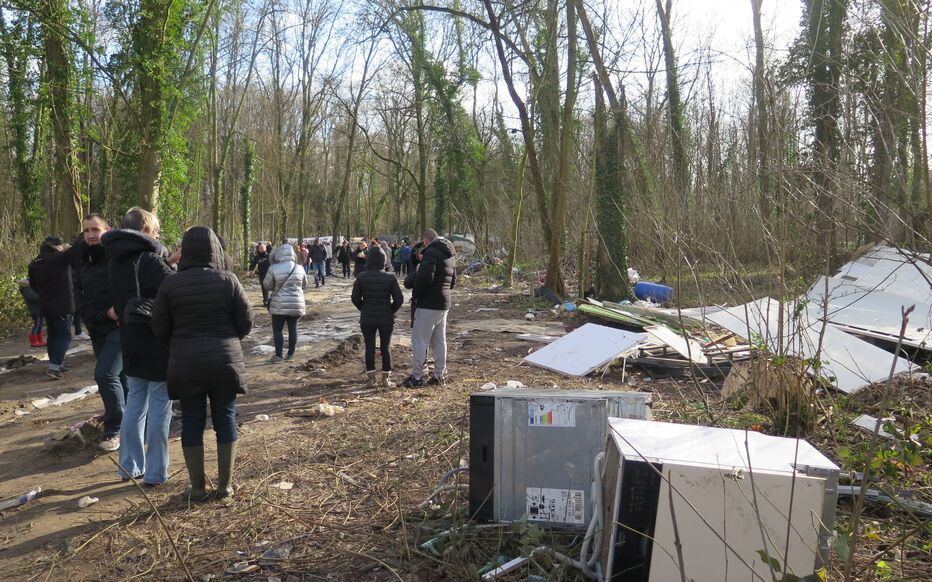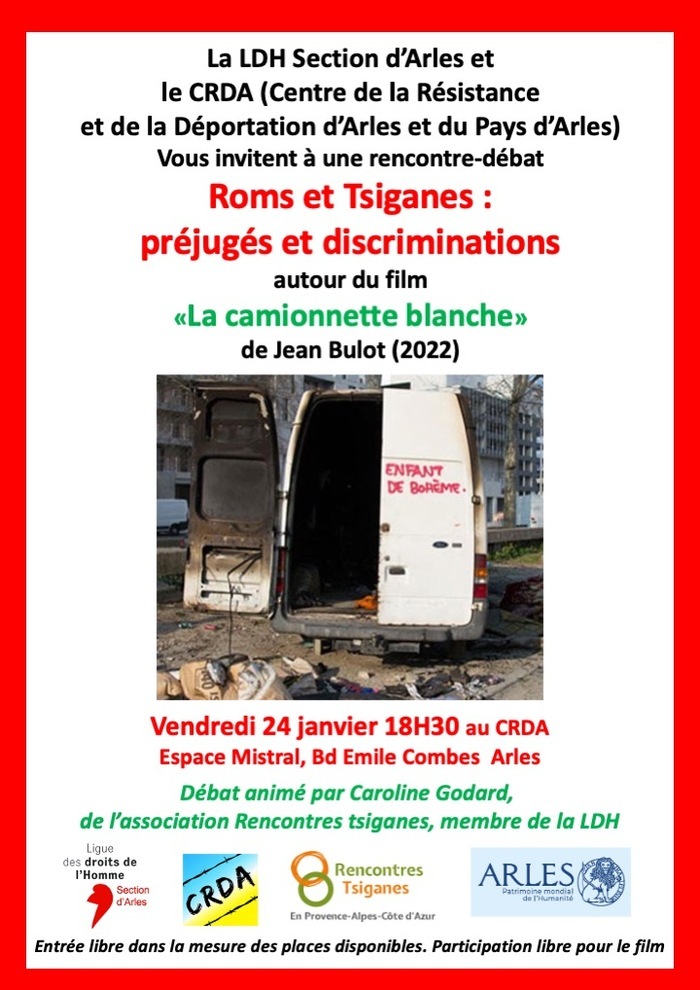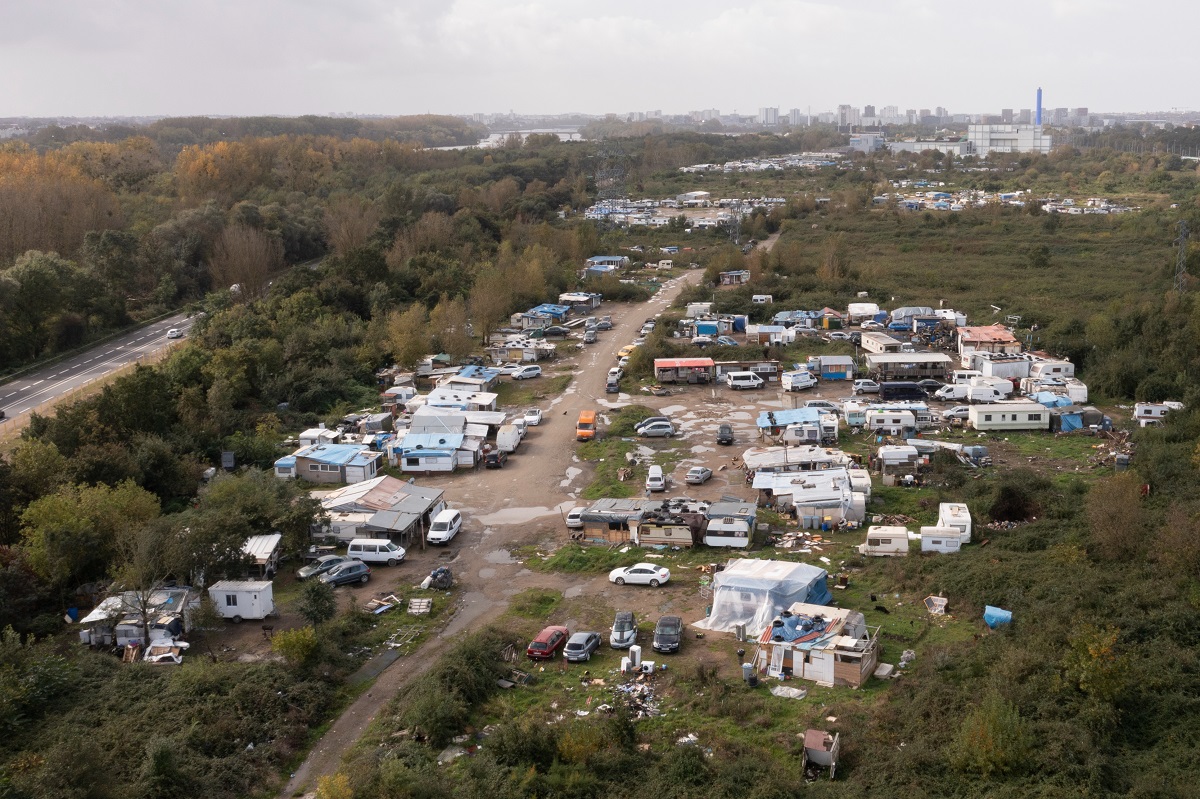Media Part (2014) discusses the public perception and representation of Rroma in France, and its influence on the social interaction with the minority. The notion of Rroma is charged with so many negative attributes that already a small influx of Rroma provokes the anger of local residents. This disables an objective, unbiased interaction with members of the minority as well as policies aimed at integration: “The most often mentioned stereotypes may serve as evidence: these families, attracted by the wealth and the quality of our social security have behaviours not compatible with our lifestyles. Living off begging and theft, they contribute significantly to the growth of daily delinquency that enrages our fellow citizens. They lack hygiene, their collective behaviour makes their proximity unbearable. Their culture and their way of life do not allow, without exception, to integrate them into our society. They do not know or do not accept our rules. In short, for the good of one as the other, they must return to their countries.” This polemic, reductionist perspective Mediapart rightly condemns as intellectual arson that maintains the exclusion of the minority. The author calls for a paradigm shift away from polemical representations of the Rroma towards differentiated, respectful minority politics: “Whatever our faith, our political commitment, our affiliation, our heritage, our way of life, we have to show intelligence and awareness of the past. It is not naivety or pity, but our ability to tolerance and the recognition of the right to allow anyone to live with his/her idiosyncrasies.” In response to the accusation of a one-sided, racist representation, it is often argued that this is not based upon prejudices, but real tangible facts. The Rroma are made responsible for their marginalised status by their own behaviours. This justification is very dangerous as it represents exclusion and poverty as part of cultural characteristics, rather than recognising them as exclusion and poverty. In addition, many Rroma are well integrated and form part of the middle or even upper class. They are completely ignored in the public discourse about the minority. Most journalists do not recognise this last point.
Debot (2014) points out in his commentary to the article that despite the demand for a respectful minority policy, there is still the problem that one mostly speaks about but not with the minority. An adequate minority policy therefore requires a close dialogue with the concerned group. The problem of taking statements of individual Rroma as representative for all of them continues, and does not recognise the differences between the Rroma groups as well as individual opinions. This includes the recognition of stereotypes that cannot always be easily recognised and deconstructed as prejudices by outsiders.
- Debot, Jacques (2014) En réponse à l’article : Changer de regard sur les Roms. In: Mediapart online vom 28.9.2014. http://blogs.mediapart.fr/blog/jacques-debot/280914/en-reponse-l-article-changer-de-regard-sur-les-roms
- Mediapart (2014) Changer notre regard sur les Roms. In: Mediapart online vom 26.9.2014. http://blogs.mediapart.fr/edition/roms-et-qui-dautre/article/260914/changer-notre-regard-sur-les-roms







